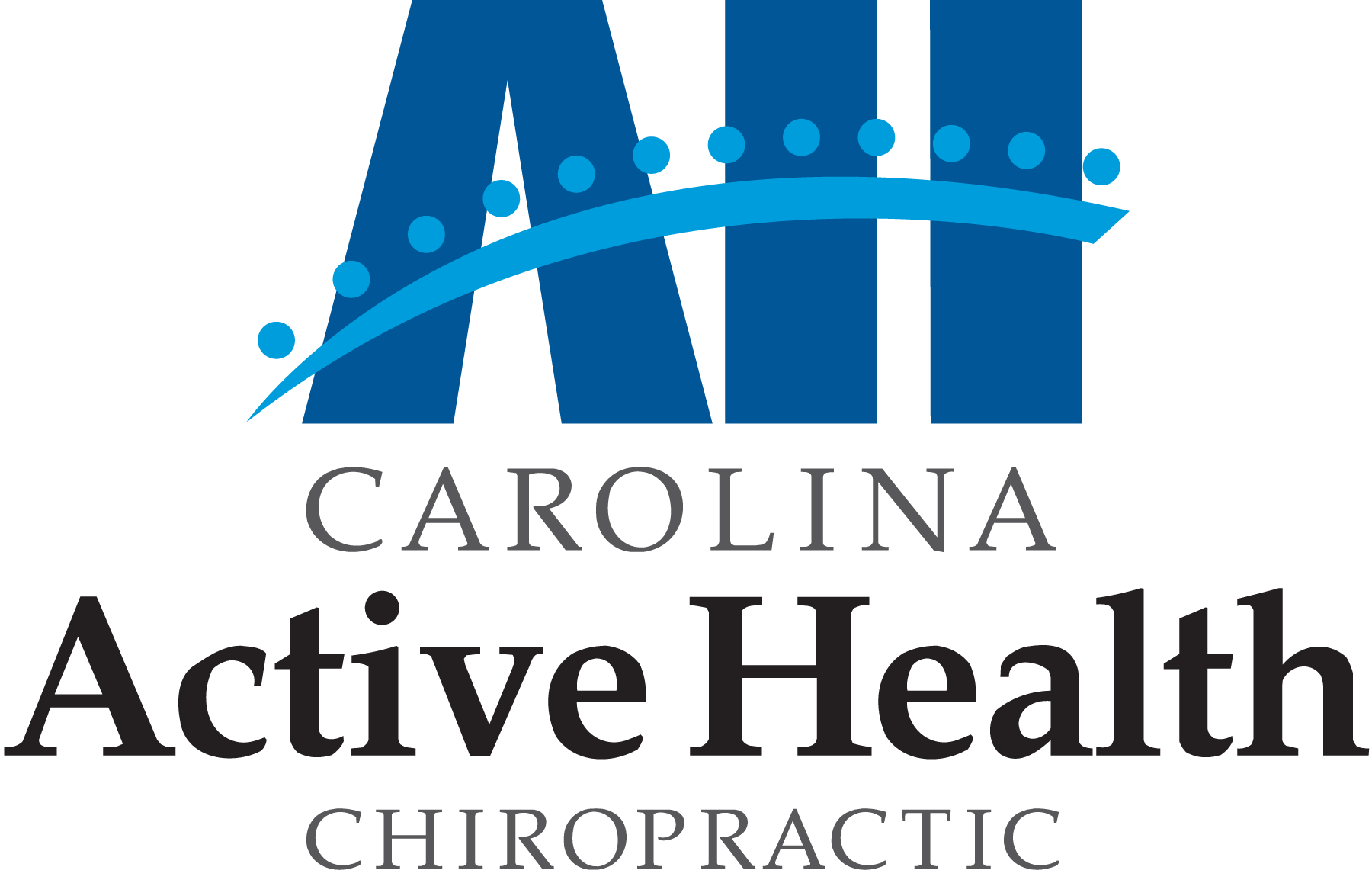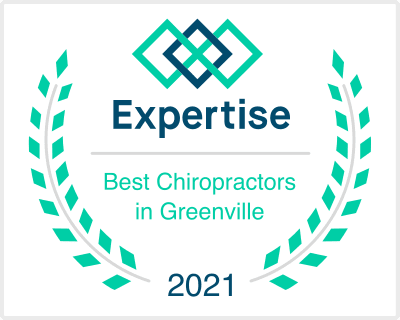PLANTAR FASCIITIS
Plantar Fasciopathy is more commonly known as “Plantar Fasciitis.” It was given this name due to the original hypothesized mechanism of the condition, inflammation of the plantar fascia, and its origin on the calcaneus. We now know that inflammation plays only a small role in the development of Plantar Fasciopathy. The condition is often degenerative in nature and develops over an extended period.
Plantar Fasciopathy is the most common cause of heel pain, affecting nearly one in ten people throughout their lifetime. However, several other musculoskeletal conditions can present with similar symptoms.
Some of these conditions include:
- Lumbar Disc Pathology
- Neural Tension Disorders
- Insertional Achilles Tendinopathies
- Heel Spurs
- Calcaneal Stress Fractures
DIAGNOSING PLANTAR FASCIITIS
Plantar Fasciopathy is diagnosed through a combination of a detailed patient history, basic gait analysis, and musculoskeletal examination. Due to the multiple causes of heel pain listed above, much of the examination is used to rule out other sources of symptoms. Imaging studies, such as X-rays or MRIs, are typically unnecessary to diagnose Plantar Fasciopathy.
I would strongly recommend this practice to those recovering from injury, training for an athletic event, or simply seeking to improve overall health and wellness. Dr. Nelson played an instrumental role in my recovery from a lower back disc-related injury and continues to provide excellent care and advice. With the severity of my lower back pain I was unsure if I would ever be able to return to some of the sports and activities that I love, including golf, volleyball, weightlifting, but now can confidently say that I perform all at a higher level than I did prior to injury largely due to the care I received at Carolina Active Health. They take a holistic approach in the sense that they consider all factors that may be contributing to pain and they perform full body screens which are beneficial to identifying potential restrictions in mobility. What meant the most to me, however, was that they all seemed to truly care and were enthusiastic about my progress. Highly recommend!
PLANTAR FASCIITIS TREATMENT PLANS
Treatment for Plantar Fasciopathy (or plantar fasciitis) is usually a combination of several therapies. Often, soft tissue techniques, dry needling, and therapeutic lasers can be a great way to help ease symptoms and begin the recovery process. Some of our treatment plans may include the following:
- Active Release Technique (ART): This technique uses applied active pressure to the back, targeting the back as a whole rather than each isolated joint separately; the motion removes the adhesions found in the back that are causing the patient’s pain.
- Motion Palpation Technique: While the patient is moving their affected joints, we will apply subtle pressure to each joint using our fingers and hands in order to feel how they are functioning.
- Functional Rehabilitation: Combining treatments with rehabilitation is a big win for our patients. We focus on corrective exercises that teach the body to work as it’s meant to.
- Class IV Laser Therapy: Laser therapy allows deep tissue penetration, alleviating pain and inflammation. This treatment is entirely safe and effective and lasts from a few to 10 minutes.
- Movement Screen / Biomechanical Analysis: Movement screening allows us to view how the body is moving and how motion affects the patient’s movement. This can explain why some injuries occur, helping us fix the cause instead of only focusing on the symptoms of an injury.
- Exercise Recovery: Our Greenville team offers exercise recovery tools that speed up recovery time between workouts, improve performance, and contribute to pain reduction. Dr. Nelson uses a Marc Pro device which provides muscle stimulation and in turn, enhances active recovery.
- Take-Home Rehabilitation: We want our patients to head home fully armed to take a healthy and proactive approach to their recovery. Offering education on how to exercise and stretch properly gives the patient a core element of their health plan and helps them achieve overall balance, strength, and wellness.
Our staff will ensure that patients feel safe, secure, and comfortable with their wellness treatment plan and goals. Having a well-balanced body doesn’t require surgery; seeing Dr. Nelson is a smart, non-invasive, risk-free way to gain and maintain a healthy body, mind, and soul.

